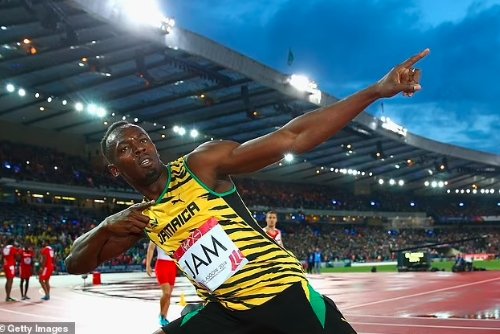Commonwealth Games Scotland (CGS) has provided a crucial update on the decision-making process for Glasgow’s bid to host the 2026 Commonwealth Games. The decision, which has been pending since May, is now under intense scrutiny as the Scottish Government evaluates the financial and logistical implications. With a significant portion of funding already secured from the government of Victoria, Australia, the focus is now on obtaining the necessary support from both the Scottish and UK governments to ensure the event’s success.
Financial and Logistical Challenges
The primary concern for the Scottish Government revolves around the financial implications of hosting the Games. The estimated cost of the event is around £114 million, with £100 million already secured from Victoria. This leaves a gap that needs to be filled through commercial opportunities and additional support. The Scottish Government is cautious about committing public funds, especially given the tight timeframe for planning and execution.

In addition to financial concerns, there are significant logistical challenges. The planning and security operations required for an event of this scale are immense. The Scottish Government is seeking assurances from the UK Government, including the potential involvement of military personnel to support security measures. These discussions are ongoing, and the outcome will significantly impact the final decision.
Despite these challenges, CGS remains optimistic. They believe that with the right support, Glasgow can successfully host the Games, bringing significant economic and social benefits to the region. The focus now is on securing the necessary commitments to move forward.
Economic and Social Benefits
Hosting the Commonwealth Games in Glasgow is expected to bring substantial economic benefits. The event is projected to generate over £150 million in economic value, with significant investments in public sporting facilities and city activation projects. This includes maintaining Tollcross as a world-class venue and ensuring the future of Scotstoun as a premier rugby and athletics venue.
The Games are also expected to create numerous job opportunities. A Scotland-focused procurement strategy will provide operational and event-based contracts for local suppliers, boosting the local economy. Additionally, the influx of visitors will fill hotels, restaurants, and other businesses, providing a significant economic boost to the city.
Socially, the Games will promote community engagement and pride. The event will showcase Glasgow on an international stage, highlighting its cultural and sporting excellence. The anticipated 500,000 spectators will experience the city’s vibrant atmosphere, further enhancing its reputation as a premier destination for major events.
Government and Community Support
Securing the necessary support from both the Scottish and UK governments is crucial for the success of the Glasgow 2026 bid. The Scottish Government has expressed enthusiasm for hosting the Games but remains cautious about the financial and logistical challenges. First Minister John Swinney has emphasized the need for careful consideration, given the limited timeframe for preparation.
Community support is also vital. Local residents and businesses are encouraged to back the bid, highlighting the potential benefits for the region. Public opinion can play a significant role in influencing government decisions, and widespread community support could tip the scales in favor of hosting the Games.
The next few weeks are critical as discussions continue. CGS is working tirelessly to address concerns and secure the necessary commitments. The outcome will determine whether Glasgow can seize this opportunity to host the Commonwealth Games, bringing lasting benefits to the city and its residents.


















